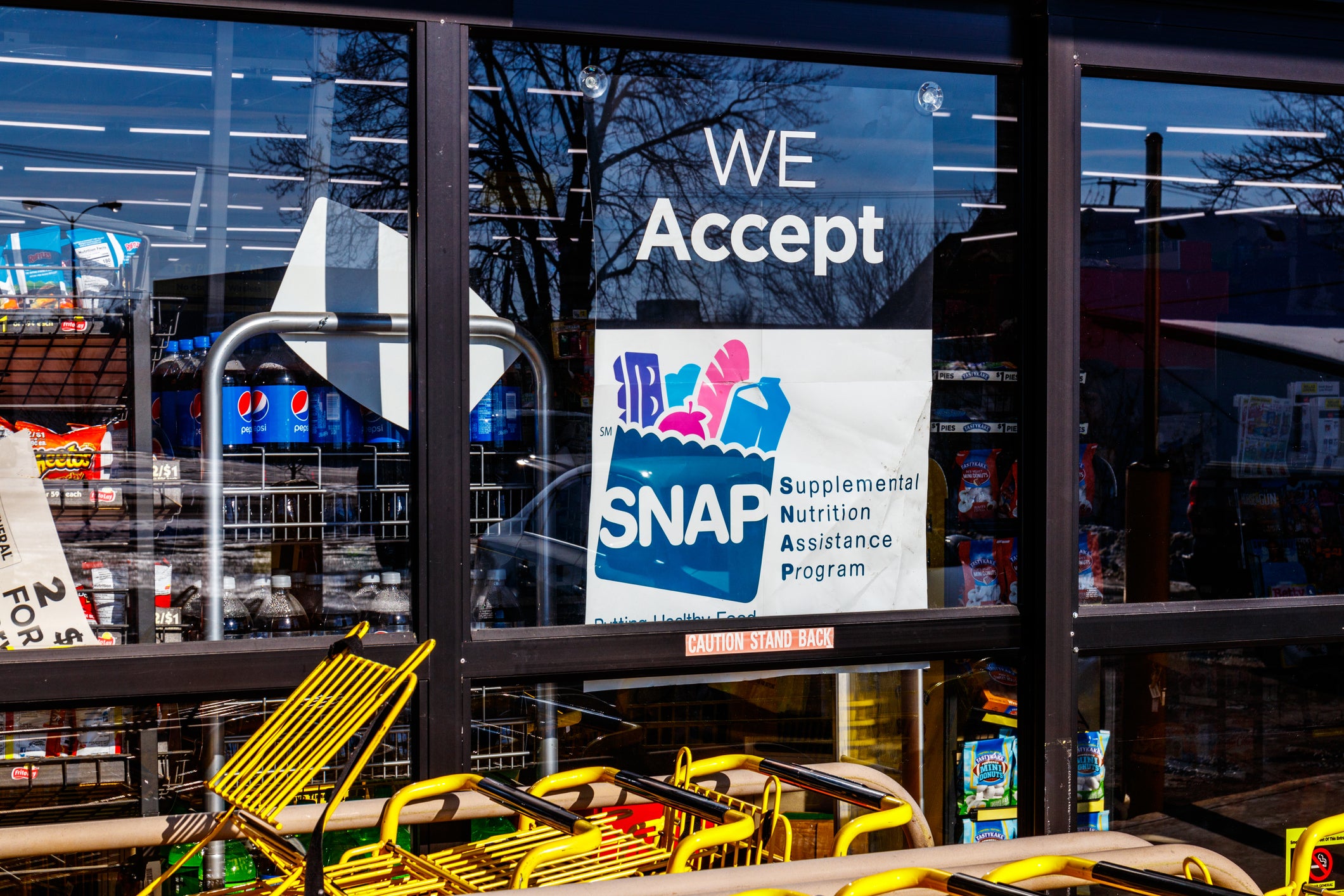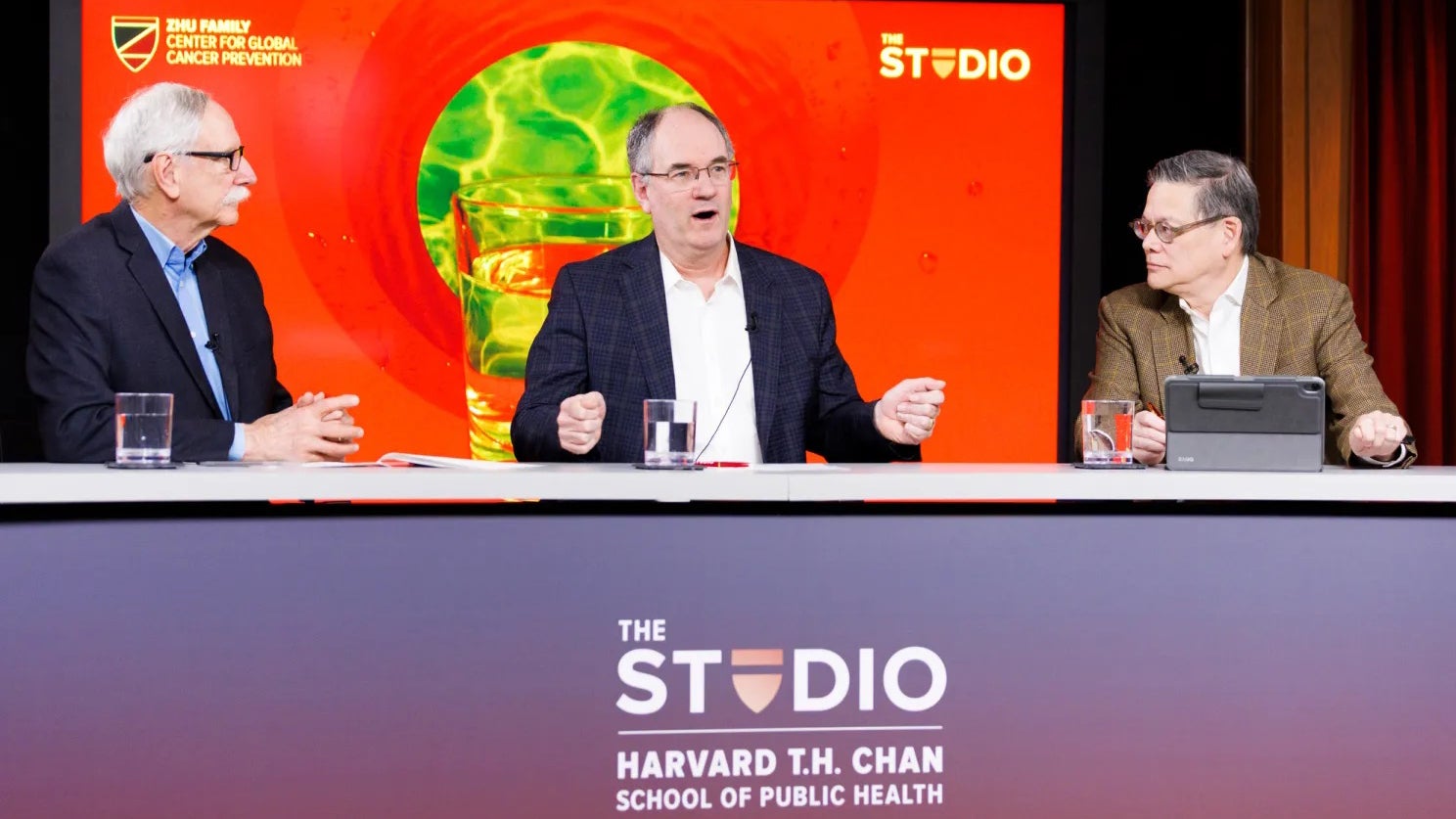SNAP lifts families out of poverty, bolsters local economies, expert says

The federal government shutdown interrupted payments to millions of Americans in the Supplemental Nutrition Assistance Program (SNAP, formerly called Food Stamps). Although the government is now reopening, it may take some states longer to restore full benefits than others, according to media reports.
In a Nov. 10 Harvard Kennedy School (HKS) Q&A, Sara Bleich, professor of health policy at Harvard T.H. Chan School of Public Health, spoke about the importance of SNAP and how the shutdown’s benefit reductions—which follow work requirements and other changes to the program passed this summer under the One Big Beautiful Bill Act—impacted beneficiaries.
SNAP helps one in eight Americans buy food each month, and 70% of participants are elderly, disabled, or children, she said.
“There is strong evidence that SNAP not only lifts families out of poverty, reduces food insecurity, and lowers health care costs, but also significantly bolsters local economies. Every dollar distributed through SNAP generates about $1.50 to $1.80 in economic activity by supporting jobs in grocery stores and providing income to local farmers,” she said. Benefit interruptions and changes enacted by the federal government result in millions of families losing a vital lifeline, she said.
She also discussed changes to SNAP and what local officials can do to ensure residents maintain access to nutrition support in a recent HKS podcast.
Bleich served in the Biden administration as the director of nutrition security and health equity at the U.S. Department of Agriculture’s (USDA) Food and Nutrition Service. During the Obama administration, she worked at USDA as a senior policy adviser for Food, Nutrition and Consumer Services.
Read the HKS article:
Explainer: Understanding the SNAP program—and what cuts to these benefits may mean
Listen to the HKS podcast:
What Mayors Need to Know About SNAP
Learn more
Cancellation of food insecurity survey a blow to understanding hunger in U.S. (Harvard Chan School news interview with Sara Bleich)


